The best Wi-Fi 6 mesh routers take whole-home wireless speeds to the next level. Wi-Fi 6 (802.11ax) has allowed mesh systems to deliver full gigabit speeds with ease throughout a large house by getting even more performance out of the available spectrum. Wi-Fi 6 lets compact routers hit gigabit speeds on their own and over 500Mbps while deployed as a mesh. With more phones than ever, including Wi-Fi 6 support, and families asking more of their internet connections than ever, it's a good time to upgrade to Wi-Fi 6.
What are the best Wi-Fi 6 mesh routers?
The Linksys MX10 Velop is the best Wi-Fi 6 router for people looking to take advantage of a fast connection throughout their home. With Alexa support and great parental control options, this is a great mesh system for families.
The second best option is the Netgear Nighthawk MK62 which is designed for people who want a compact mesh system with enough speed for most people. A compact router and satellite design allow you to blanket your home in Wi-Fi for great coverage without needing to dedicate a ton of space to each unit.
If you're looking for something in the middle that's a great fit for an internet connection over 500Mbps, the Netgear Orbi RBK752 is a great choice thanks to a tri-band AX4200 setup. This ORbi system dedicates a fast Wi-Fi band to connecting the mesh keeping speeds high and consistent throughout your home.
Linksys MX10 Velop
The best Wi-Fi 6 mesh router overall
Bottom line: The MX10 Velop from Linksys packs in two MX5 routers with fast AX5300 speeds with a tri-band setup. Linksys also allows you to add any other Velop routers to this mesh for expansion.
- Top speeds: Tri-band AX5300, 2402Mbps + 1733Mbps @ 5GHz, 1147Mbps @ 2.4GHz.
- Top features: 6,000 sq ft. coverage, 4 Ethernet ports per node, Easy setup and control with app
Pros:
- Four Ethernet ports to connect all your wired devices
- AX7800 speeds can support tons of devices
- Massive 6,000 sq ft of coverage
Cons:
- Held back by gigabit uplink
- Expensive
The Linksys MX10 Velop is just the name given to the two-pack of Linksys MX5 Velop routers. These routers are capable of delivering AX7800 speeds across three Wi-Fi bands. While these speeds are quite high, your modem's wired connection will max out at 1Gbps, and other wired devices will be limited to the same speed. While this is more than enough for the vast majority of people, it would've been nice to see more wired capability.
If you already have a Velop system, there's no need to get rid of it thanks to compatibility with the entire Velop family of routers. The most powerful routers in this case, the Wi-Fi 6 Velops, should be connected directly to the modem — with the older routers providing extra coverage in areas that don't need as much speed. The two units included in the MX10 package can deliver up to 6,000 square feet of coverage. If you like the Velop design, you can get a more affordable Velop AX4200 which is still plenty of speed for most.
Four Ethernet ports and a USB 3.0 port on each unit allow for a lot of expansion. The Wi-Fi 6 Velops are quite a bit larger than the Velop dual-band or tri-band AC mesh routers. Compared to a traditional router, however, the internal antennas help keep the appearance understated.
Velop also can be controlled with Alexa allowing for simple access controls for guests or connected devices. Parental controls are also included in the Linksys Smart Wi-Fi app. You can create profiles for different devices to reduce distractions during homework or after a certain time.
Linksys Velop MX10
Add coverage, capacity, and speed to your Velop mesh with the Linksys MX10 Velop. Wi-Fi 6 and Ethernet keep speeds high.
Netgear Nighthawk MK62
The best value Wi-Fi 6 mesh router overall
Bottom line: If you want a compact router with more than enough speed for most people, the Netgear Nighthawk MK62 is a solid choice. With a tiny housing, Wi-Fi 6 allows you to get more speed than ever without dedicating a bunch of shelf space to a large mesh node.
- Top speeds: Dual-band AX1800, 1200Mbps @ 5GHz, 600Mbps @ 2.4GHz
- Top features: 3,000 sq ft. coverage, 1 open Ethernet ports per node, easy app setup, Compact nodes
Pros:
- Small housing
- Modern WPA3 security
- Future expansion with EasyMesh
Cons:
- AX1800 speeds not much faster than Wi-Fi 5
- Only one Ethernet port for a wired device
While you do give up some speed compared to the larger and more expensive mesh systems, the AX1800 speeds of the Netgear Nighthawk MK62 should be more than enough for most homes. These speeds break down to 1200Mbps on the 5GHz band with 600Mbps on the 2.4GHz band. 4K streams should be a breeze, and if you need a few more wired connections, a network switch could be connected to one of the gigabit LAN ports available on each router.
Netgear claims these routers can cover a 3,000-square-foot home, and of course, more satellite units could be added down the line. This is helped by compatibility with Wi-Fi Certified EashMesh. EasyMesh is a Wi-Fi standard developed to help ensure future compatibility with mesh products. This is all brought together with Netgear's robust Nighthawk app.
The Nighthawk Mesh WiFi 6 System from Netgear takes on compact AC-only mesh systems with its compact housing and understated design. Measuring only 4.8 inches wide and 2.5 inches tall, each router has a smaller footprint than a CD case. This compact design makes this mesh system one of the easiest to integrate into a home.
Netgear's Nighthawk app is used for management and setup, making it easy to monitor your network usage and add satellites. You can even manage your network remotely if you find you need to add or remove internet connectivity from devices even when you're away from home. You can also subscribe to Netgear Armor, which adds internet security from Bitdefender and enables more in-depth device controls.
Netgear Nighthawk MK62
Fast enough for most people in a small housing that can blend in anywhere, build your Wi-Fi 6 mesh with the Nighthawk MK62 system.
Netgear Orbi WiFi 6 System (RBK752)
The best Wi-Fi 6 mesh router with dedicated tri-band
Bottom line: The RBK752 is a great fit for most people with enough speed for just about any web activity. Orbi's dedicated backhaul band keeps your speeds consistent even when you've got a lot of devices connected to a satellite.
- Top speeds: Tri-band AX4200, 1200Mbps + 2400Mbps @ 5GHz, 600Mbps @ 2.4GHz
- Top features: 5,000 sq ft. coverage, 3x + 2x Ethernet ports, dedicated 5GHz backhaul, easy setup
Pros:
- Three Ethernet on base, two on satellite
- Tri-band Wi-Fi keeps speeds consistent
- Approximately 5,000 square feet of coverage
Cons:
- Too large to easily conceal
- Slower than others at this price
- Expensive
The newest addition to Netgear's Wi-Fi 6 enabled Orbi family is the RBK752 system, which includes one base router and a satellite and can cover approximately 5,000 square feet with its tri-band, six-antenna setup. This Orbi is in line with the older Orbis as far as size and appearance with a two-tone gray and matte white housing. Wi-Fi 6 speeds come in at AX4200, which breaks down to 600Mbps on the 2.4GHz channel and 1200 Mbps on the 5GHz band. The remaining 5GHz channel can operate up to 2,400Mbps. However, it's dedicated to the connection between the Orbi units. This speed should be more than enough for the vast majority of home network use, including multiple 4K video streams.
The base unit has one uplink gigabit Ethernet port and three Ethernet ports for wired devices. You can also combine the uplink with one of the other Ethernet ports for link aggregation, allowing for a faster uplink to your router. The satellite has two Ethernet ports to connect more wired devices. This makes it a good fit for a home office or media center that needs a wired connection.
Netgear Orbi RBK752 is controlled by the robust Orbi app that allows you to control each device individually. The Android version of the app lets you test and record your connection throughout your home to determine the best place for your satellites for top speed. A traffic meter is included so you can keep an eye on your usage if you have a data cap. An optional Netgear Armor subscription adds in great security features for your network with enhanced parental controls.
Netgear Orbi WiFi 6 System (RBK752)
Netgear Orbi Wi-Fi 6 brings the next wave of mesh with fast AX4200 speeds. This is great for broad coverage with a lot of devices.
Asus ZenWiFi XT8
The best Wi-Fi 6 mesh router for home network security
Bottom line: Asus has created one of the best fast tri-band mesh systems and takes it to the next level with great compatibility and included software. AiMesh software allows any AiMesh router to expand the mesh, and free AiProtection Pro adds network security and advanced parental controls.
- Top speeds: Tri-band, 1201 + 4804Mbps @ 5Ghz, 574Mbps @ 2.4Ghz
- Top features: 5,000 sq ft. coverage, 3x + 2x Ethernet ports, dedicated 5Ghz backhaul, easy setup
Pros:
- 2.5Gbps WAN port is excellent for a fast NAS
- Fast speeds
- Tri-band setup
- Up to 5,500 square feet of coverage
- Tons of expansion with other Asus routers
Cons:
- Three LAN Ethernet ports limit wired devices
Asus was one of the first networking companies to commit to mesh networking with its robust AiMesh software that can work on most of its routers regardless of whether or not they were explicitly designed for a mesh. Asus has repeatedly proven its abilities with the ZenWiFi XT8, which features a sleek and reasonably compact design with great capabilities. The routers come in white or charcoal colors and have three available ethernet ports on the back of each.
The ZenWiFi XT8 is capable of wireless speeds up to AX6600 with a tri-band setup. That is 574Mbps at 2.4GHz as well as 1201Mbps and 4804Mbps on its two 5GHz bands. While most connections today max out at 1Gbps, the ZenWifi is ready for the future with a 2.5Gbps input for faster internet speeds or, more realistically, a fast wired home network.
If you are looking to expand your mesh, you'll need an Asus router that supports AiMesh and will be best served by a tri-band Wi-Fi 6 capable router. The ZenWiFi XT8 can cover up to 5,500 square feet, so most homes should be covered. Still, it's nice that you can use an older Asus router as an expansion in low-priority areas.
AiProtection Pro is an unmatched value in home networking. AiProtection Pro is included for the product's life and comes with network security using Trend Micro's official database. It also includes advanced parental controls that allow you to control all of your kids' devices with schedules and content filters.
ASUS ZenWiFi AX Whole-Home Tri-Band Mesh WiFi 6 System (XT8)
The Asus ZenWiFi XT8 is one of the fastest Wi-Fi 6 mesh systems available with a fast 2.5Gbps WAN port and easy AiMesh expansion.
Eero Pro 6
The best Wi-Fi 6 mesh router for easy expansion
Bottom line: Eero's fastest router ever enables support for gigabit mesh speeds thanks to a fast tri-band AX4200 setup. With compact housing and compatibility with all other Eeros, this is an easy way to upgrade an existing Eero mesh or create a new one.
- Top speeds: Tri-band AX4200, 2402Mbps + 1201Mbps @ 5GHz, 574Mbps @ 2.4GHz
- Top features: 2,000 sq ft. coverage, 2x Ethernet ports, Expand with any other Eero, compact design, Eero Secure available
Pros:
- Tri-band Wi-Fi 6 allows for gigabit internet
- Great Eero app and software
- Works with all other Eeros
- Compact size
Cons:
- Coverage per node is less than the competition
- Only two Ethernet ports per Eero
More people than ever are upgrading to gigabit internet and getting a mesh system fast enough to support it usually means you'll have to find space for a fairly large node in several rooms of your house. Eero Pro 6 goes a long way to fix this with its tri-band AX4200 speed in a compact 2.1-inch tall and 5.3-inch wide housing. The speeds break down to 2,402 Mbps and 1,201 Mbps on either of the 5GHz bands with 574 Mbps on the 2.4GHz band. With eight spatial streams, even high-end laptops should be able to make the most of the connection.
Each Eero Pro 6 node can cover up to 2,000 square feet, with the three-pack covering up to 6,000. Like all wireless routers, this can vary greatly if your home has a lot of interference like dense walls. Still, with three less powerful nodes, Eero's approach with the Pro 6 should allow for a lot of flexibility in the mesh setup. If you have any older Eeros, you can use them to expand your Eero Pro 6 mesh thanks to full compatibility with all Eero routers. Keep in mind that in areas where you connect to the slower Eeros, your speed will only be as fast as those older Eeros.
Software isn't the first thing most people think of when shopping for a router but Eero's app and consistent software updates have shown how convenient it can be to have a wealth of settings and network statistics at your fingertips. The UI is well-designed, and setup is a breeze, whether you're setting up for the first time or adding more nodes. Eero supports some nice features like IPv6, WPA3, and even port forwarding from the app.
Eero secure is a subscription software suite available on Eero systems. The base Eero Secure subscription comes with improved network security, parental controls with content filtering, ad blocking, and even VIP support. For a low monthly rate, this is a nice package to have especially if you have students on your network. Eero Secure+ adds antivirus software, a password manager, and a VPN subscription to that for a bit more.
Eero Pro 6
The fastest Eero ever is designed to deliver gigabit Internet even when you're connected to a remote node.
TP-Link Deco X20
The best value Wi-Fi 6 mesh router with great coverage
Bottom line: TP-Link's Deco series is one of the best values for covering a large area. AX1800 will keep up with most standard usage, and dual Ethernet ports on each node make it easy to get your home connected.
- Top speeds: Dual-band AX1800, 1200Mbps @5GHz, 575Mbps @2.4GHz
- Top features: 5,800 sq ft. coverage, 2x Ethernet ports per router, Works with all other Deco models, easy setup
Pros:
- Dual Ethernet on each unit
- Up to 5,800 square feet of coverage
- Easy to conceal
- Modern WPA security
Cons:
- AX1800 won't keep up with fiber
The TP-Link Deco X20 is an excellent value for a Wi-Fi 6 mesh system, especially considering you get three nodes in the box to provide coverage up to 5,800 square feet. In a white cylindrical housing, measuring 4.33 inches in diameter and 4.49 inches tall, it should be easy to find space for these in any room. Inside there are four antennas and powering its AX1800 dual-band connection.
It's nice that each one also comes with two gigabit Ethernet ports on the back. This can help get some wired devices online, such as a PC in a home office. Gamers also benefit since consoles could be connected to the node via Ethernet, which can improve connection consistency.
All of this will be configured with TP-Link's app so that you will need a device running at least iOS 9.0 or Android 4.4. This shouldn't be a problem for most people, and the app will help you set the devices up in a strong configuration.
TP-Link Deco routers are compatible with Amazon Alexa and come with TP-Link's HomeCare software. HomeCare comes with antivirus security for your network as well as advanced parental controls. HomeCare also allows for great Quality of Service to keep speeds up even with heavy usage.
TP-Link Deco X20
The Deco X20 has three nodes that cover up to 5,800 square feet at AX1800 speeds. Two Ethernet ports on each unit make expansion easy.
TP-Link Archer AX90 Tri-band Router
The best Wi-Fi 6 mesh router for gamers
Bottom line: Not everyone knows if they need a mesh system and TP-Link's Archer AX90 offers great standalone performance with the power and software needed to easily expand as a mesh. A fast 2.5G Ethernet port can be used as a WAN or LAN connection allowing great gaming performance on wired PCs and tri-band Wi-Fi 6 can keep wireless gaming fast.
- Top speeds: Tri-band AX6600, 4804Mbps + 1201Mbps @ 5GHz, 574Mbps @ 2.4GHz
- Top features: Tri-band, 4x gigabit Ethernet ports, 2.5Gbps WAN/LAN port, OneMesh expansion, HomeCare QoS and parental controls
Pros:
- Fast 2.5G WAN/LAN ports
- Four Ethernet ports for fast wired devices
- Tri-band keeps connection fast
- Expand with any OneMesh router
- HomeCare offers QoS and parental controls
Cons:
- Takes up a lot of space
Building a great router for gaming is a lot more than adding some RGB lights. With the Archer AX90 tri-band router, TP-Link set its sights on nailing the hardware and backing it up with a solid range of software that makes sense for most people. The Archer AX90 supports speeds up to AX6600 which breaks down to 4804Mbps plus 1201Mbps at 5GHz and 574Mbps at 2.4GHz. This allows for great speeds on connected devices with plenty of capacity for the mesh connection.
This router is positioned more as a standalone unit rather than a mesh system, but with support for TP-Link's OneMesh solution, it can serve as the base to a strong mesh system without many of the sacrifices of a more focused mesh system. OneMesh is now supported on several Wi-Fi 6 capable routers including the value-oriented Archer AX21 or the compact Wi-Fi extender RE505X. You could also use another AX90 to keep the benefits of a tri-band solution. If you're not sure if you need a mesh system, this router can be a great first step.
TP-Link has also included a fast 2.5G Ethernet port which can be used as LAN or WAN depending on your needs. This means that if you have an internet connection over 1Gbps, you can make the most of it. You can also choose to connect your gaming PC or NAS at full speed as many new systems are beginning to support multi-gig Ethernet. This superfast connection will give you all the speed headroom you need to game and stream from one PC. Console gamers also get great support for PS5's max link speeds on Wi-Fi 6 at 1201Mbps.
TP-Link's HomeCare software can help keep your network running smoothly thanks to an integrated QoS solution to help prioritize the most important traffic. It also has great access to parental controls so you can stay in charge of what your family views online. Finally, you can get reports to see how your network is being used to keep informed of all usage on your network.
TP-LInk Archer AX90 Tri-Band Router
The Archer AX90 is a great foundation for a mesh network with great software and plenty of speed for gamers wired or wireless.
AmpliFi Alien Router and MeshPoint
The best Wi-Fi 6 mesh router for remote work
Bottom line: The AmpliFi Alien is a fast router with a combined 7685Mbps of capacity. A color display on the front keeps you informed, and AmpliFi's excellent Teleport software makes working remotely as if you were on your home network simple and secure.
- Top speeds: Tri-band, 7685Mbps total capacity, 1148Mbps + 4804Mbps @ 5GHz
- Top features: 6,000 sq ft. coverage, 4x Ethernet ports, AmpliFi Teleport app, easy setup, attractive design
Pros:
- Attractive design with a color display
- Fast tri-band Wi-Fi
- Easy configuration with AmpliFi app
Cons:
- Expensive
AmpliFi Alien is a faster router with a ton of great features. A 5GHz band utilizing Wi-Fi 5 in addition to a 2.4GHz and 5GHz band using Wi-Fi 6 allows the Alien to hit 7685Mbps of combined wireless capacity. For Wi-Fi 6 clients, this breaks down into 1148Mbps and 4804Mbps available. This is more than enough speed for a gigabit connection and should be sufficient for years to come.
A single Alien Router covers up to 3,000 square feet, and a pack with a similarly equipped MeshPoint takes that up to 6,000 square feet. The Alien Router has four Ethernet ports on the back for wired devices while the MeshPoint has none. You can create a mesh with multiple routers if you need the extra Ethernet ports.
AmpliFi Alien comes in a cylindrical housing measuring 9.84 inches tall with a 4.33-inch diameter. The power and WAN port are located on the bottom allowing for an immaculate wireless-only setup. The four Ethernet ports are located on the back vertically oriented. On the front of the router is a 4.7-inch touch screen that can show your network information in real-time.
Setting up your AmpliFi mesh is simple with the AmpliFi app. You can manage connected devices and set up family profiles to enable time-managed internet access. You also get access to Amplifi Teleport, which allows you to connect to your home network while you're away from home securely and easily.
AmpliFi Alien Router and Mesh Point
Great coverage and great speeds make an AmpliFi Alien mesh a great choice for someone looking to get the most out of a gigabit connection.
Eero 6
The best Wi-Fi 6 mesh router for great software
Bottom line: Eero 6 brings great speed at an affordable price for connections up to 500Mbps. The great Eero app allows you to add this router to your existing Eero mesh or start a new one.
- Top speeds: Dual-band AX1800, 1201Mbps @ 5GHz, 574Mbps @ 2.4GHz
- Top features: 1,500 sq ft. coverage, 2x (1 for WAN) Ethernet ports, great software experience
Pros:
- Great Eero app and software
- Compact design
- Works with all other Eeros
Cons:
- Eero 6 Extenders don't have Ethernet
Wi-Fi 6 is taking the already solid performance of the Eero router up a notch with Wi-Fi 6. Eero 6 comes with an AX1800 dual-band connection capable of 1201Mbps on the 5GHz band and another 574Mbps for devices on the 2.4GHz band. Since the mesh will share the 5GHz band with devices, Eero only recommends this router for internet connections up to 500Mbps. If you have a studio apartment or small home, Eero 6 alone can deliver gigabit Wi-Fi speeds.
An Eero 6 alone can cover up to 1,500 square feet. This router isn't designed to work alone and works best when deployed with other Eeros. For the best possible speed, you should pair it with another Wi-Fi 6 Eero such as the Eero 6 Extender or even the faster Eero 6 Pro. You can add it to a Wi-Fi 5 Eero mesh though your top speeds will be reduced if you're connected to a slower Wi-Fi 5 band. Eero 6 has two Ethernet ports though one will be used for your internet connection if this is the base router for your mesh.
Eero 6 comes in at just 3.91 inches wide and 3.82 inches deep. This router is designed to sit flat on a table or shelf, so expect to dedicate a bit of space to it. Still, compared to many other similar routers, Eero 6 is remarkably compact.
Eero's setup and management app is quite powerful with pretty much any option most people will want, including port forwarding and IPv6 support. Eeros will also automatically update themselves to make sure your network is secure. There is an optional Eero Secure and Eero Secure+ subscription available that can add advanced filtering for inappropriate content as well as antivirus software, a VPN service, and a password manager.
Eero 6 dual-band mesh router
Get a compact Eero mesh router with enough speed for a 500Mbps connection while deployed in a mesh. Add this router to an existing Eero mesh or use it to form the base for a new mesh,
Netgear Orbi WiFi 6 System with DOCSIS 3.1 cable modem (CBK752)
The best Wi-Fi 6 mesh router with a built-in modem
Bottom line: Combine your cable modem and router and simplify your mesh network with the Netgear Orbi CBK752. A DOCSIS 3.1 modem can keep up with any cable connection, and an AX4200 Orbi router makes sure you have plenty of coverage for any size home.
- Top speeds: Tri-band AX4200, 1400Mbps + 2400Mbps @ 5GHz, 600Mbps @ 2.4GHz
- Top features: DOCSIS 3.1 cable modem, 5,000 sq ft. coverage, 4x + 2x Ethernet ports, dedicated 5Ghz backhaul, easy setup
Pros:
- Dedicate mesh backhaul
- Fast DOCSIS 3.1 modem
- Works with Orbi RBS750 and RBS850 satellites
- Simplified network setup
Cons:
- Rather large unit
If you have cable internet, your ISP probably tried to get you to pay an additional monthly fee for a router that doesn't deliver great performance. The Netgear Orbi CBK752 is a fast AX4200 Wi-Fi 6 mesh system with a DOCSIS 3.1 modem that can handle the fastest speeds a cable ISP can deliver with a theoretical max download speed of 10Gbps. The router side of things offers a fast mesh connection similar to the Orbi RBK752 and even uses the same satellites. That means 600Mbps at 2.4GHz plus 1400Mbps at 5GHz for connected clients with a dedicated 2400Mbps 5GHz backhaul.
This mesh system with a router and satellite covers up to 5,000 square feet though additional satellites can be added if more coverage is needed. An additional RBS750 satellite will add 2,500 square feet. The base router has four open Ethernet ports, and the satellite has two Ethernet ports. You could also use an RBS850 satellite for expansion, which comes with four Ethernet ports.
Orbi routers are a bit tall and awkward though their minimal depth makes them reasonably easy to place. The base router comes in at 9.6 inches tall, 7.7 inches wide, and 3.5 inches deep. The Satellite is a more compact 9.1 inches tall, 7.2 inches wide, and 2.8 inches deep.
Setup is done with the Orbi app, which allows for easy setup and management. You can see all connected devices and restrict internet access. You can also see the quality of each satellite's connection to ensure you're getting as much speed as possible. You can also subscribe to Netgear Armor, which includes security features powered by BitDefender and additional device controls. The modem is compatible with all major US cable service providers, and you will need to contact your ISP to activate the modem for use.
Netgear Orbi WiFi 6 with DOCSIS 3.1 cable modem (CBK752)
Combine your modem and router without giving up fast Wi-Fi 6 mesh support with Orbi CBK752. This mesh system comes with one RBS750 satellite for 5,000 square feet of coverage.
Netgear Nighthawk EAX80
The best Wi-Fi 6 mesh router extender
Bottom line: If you've already got a Netgear Nighthawk router or want to make sure you have all the speed and features of the Nighthawk ecosystem, the Nighthawk EAX80 Wi-Fi 6 mesh extender can add coverage with a single Wi-Fi name.
- Top speeds: Dual-band AX6000, 1.2Gbps @ 2.4GHz, 4.8Gbps @ 5GHz
- Top features: Single Wi-Fi name, 4x Ethernet ports, USB 3.0 port, easy setup
Pros:
- Four Ethernet ports in a traditional router
- Keep your Wi-Fi name
- Fast AX6000 speeds
Cons:
- Only dual-band
- Needs an existing router to work
If you've already bought a Netgear Wi-Fi 6 router, like the Netgear Nighthawk AX8 but find yourself needing more coverage, Netgear has a solution. The Netgear Nighthawk EAX80 is an eight-stream Wi-Fi 6 mesh expansion capable of speeds up to AX6000. It's compatible with any existing router, though I would recommend a Wi-Fi 6 router with at least a matching eight data streams.
You can set this router up with the same Wi-Fi name as your existing wireless network, so there's no need to manually switch between two different networks like older extenders.
Four gigabit Ethernet ports onboard and a USB 3.0 port make this a great way to bring the network to your media setup or a desktop PC that doesn't have Wi-Fi. You can also use it to improve the signal to the rest of your home like any mesh.
There are a lot more if-then considerations due to the extender being reliant on the speeds of the base router, but this is true for any mesh. If you have already invested in Wi-Fi 6 and just need a bit more coverage, this is a great option. Thanks to the robust Netgear Nighthawk app, you don't give up any features you've come to expect with Nighthawk, and setup is a breeze.
Netgear Nighthawk EAX80
Add range and four Ethernet ports to your Wi-Fi 6 network without sacrificing speed or capacity with the fast Nighthawk EAX80.
Bottom line
Most people simply don't need much more than gigabit speeds on their home Wi-Fi networks. Luckily, even Wi-Fi 6 mesh systems are available for people that don't need a ton of speed but still want to take advantage of the other advancements. The Linksys Velop MX10 delivers plenty of speed for years to come without giving up any feature compared to a standard router.
Many of the best wireless routers support Wi-Fi 6 and mesh if you're not sure you need either feature right now. Still, Wi-Fi 6 mesh systems are bringing features like MU-MIMO and better handling of multiple connections to your whole home. Not that many devices sold in the past couple of years support Wi-Fi 6, but many new phones support the protocol. Thankfully, all of these devices support older versions of Wi-Fi to maintain compatibility with the added benefit of better connections between the base router and satellite units.
Can you make your own mesh?
Something to keep in mind about mesh networks is that pretty much any router with a powerful enough CPU and enough RAM can technically act as a mesh router. Asus has taken this further than most other manufacturers by including its AiMesh in nearly all of its routers. It is technically possible to put together your own Wi-Fi 6 mesh with compatible routers, but the setup process will be more complicated than a complete mesh system.
This technology is more promising with Wi-Fi 6 routers thanks to the improved capacity and speeds over previous generations of routers. TP-Link and Linksys have also begun to include support in their standard routers for mesh expansion. This can be a great upgrade path for those that want to start with a traditional router and only upgrade as necessary.
Credits — The team that worked on this guide
![]()
Samuel Contreras When Samuel is not writing about networking and carriers, he spends most of his time researching computer components and obsessing over what CPU goes into the ultimate Windows 98 computer. It's the Pentium 3.
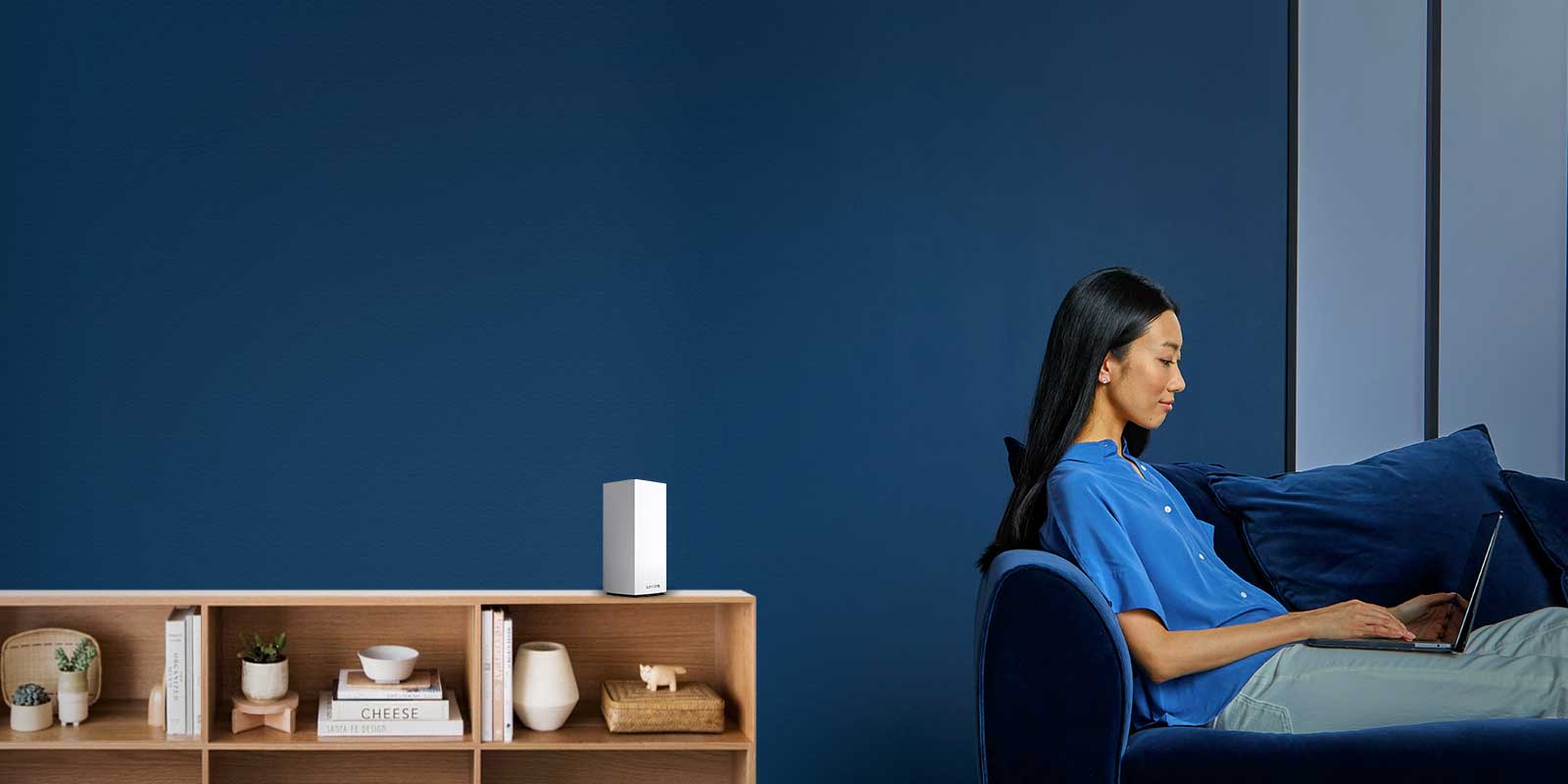
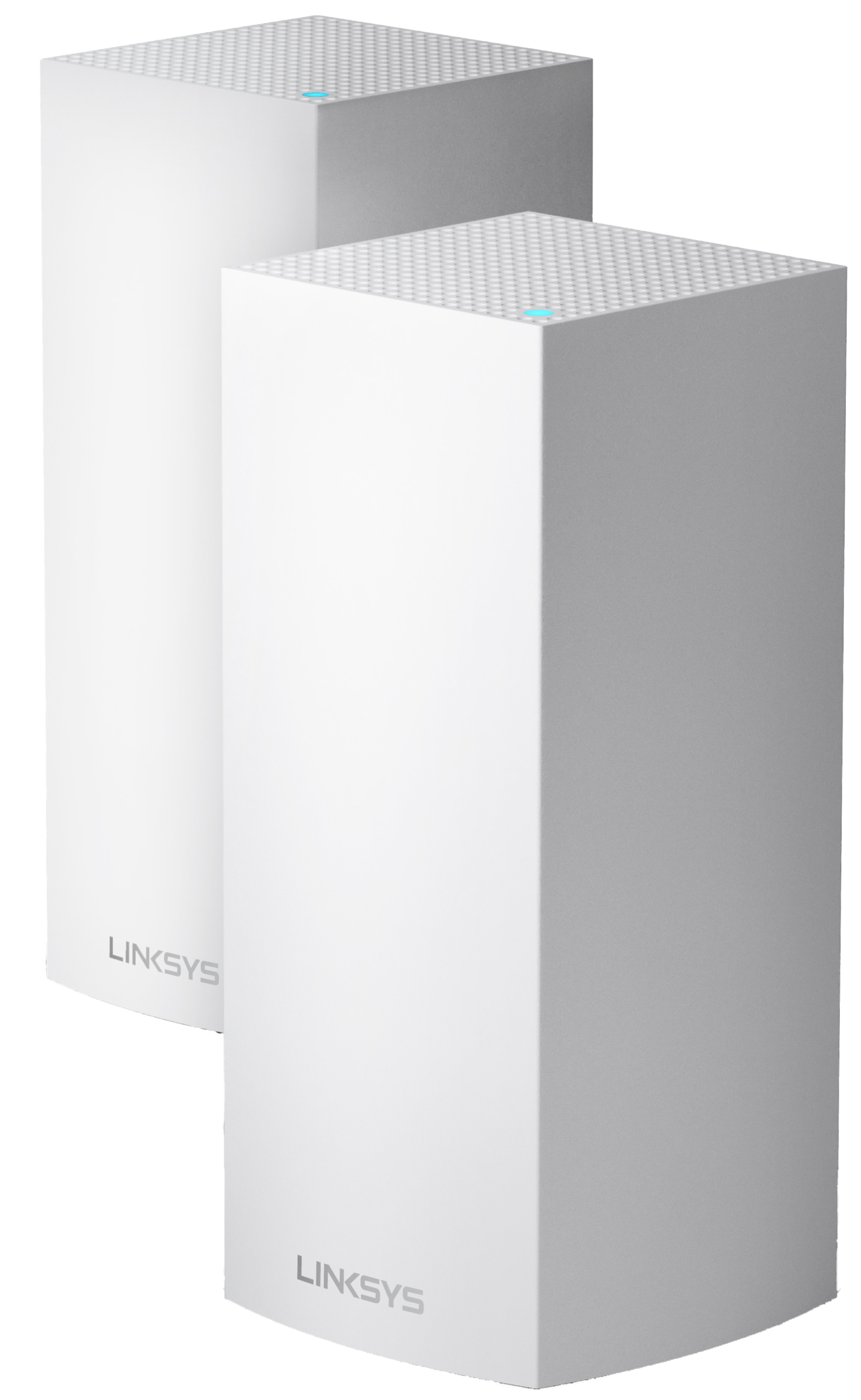

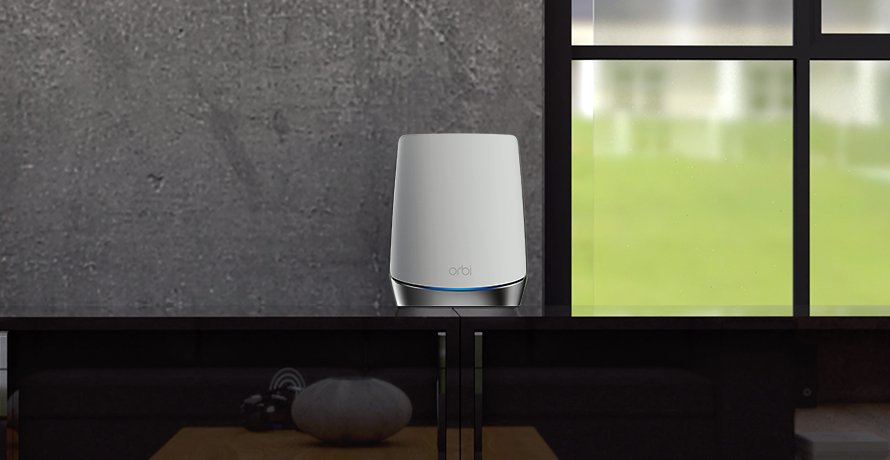
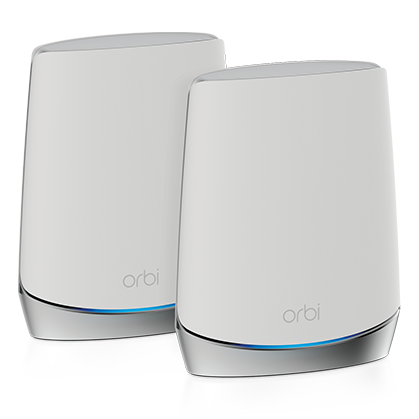
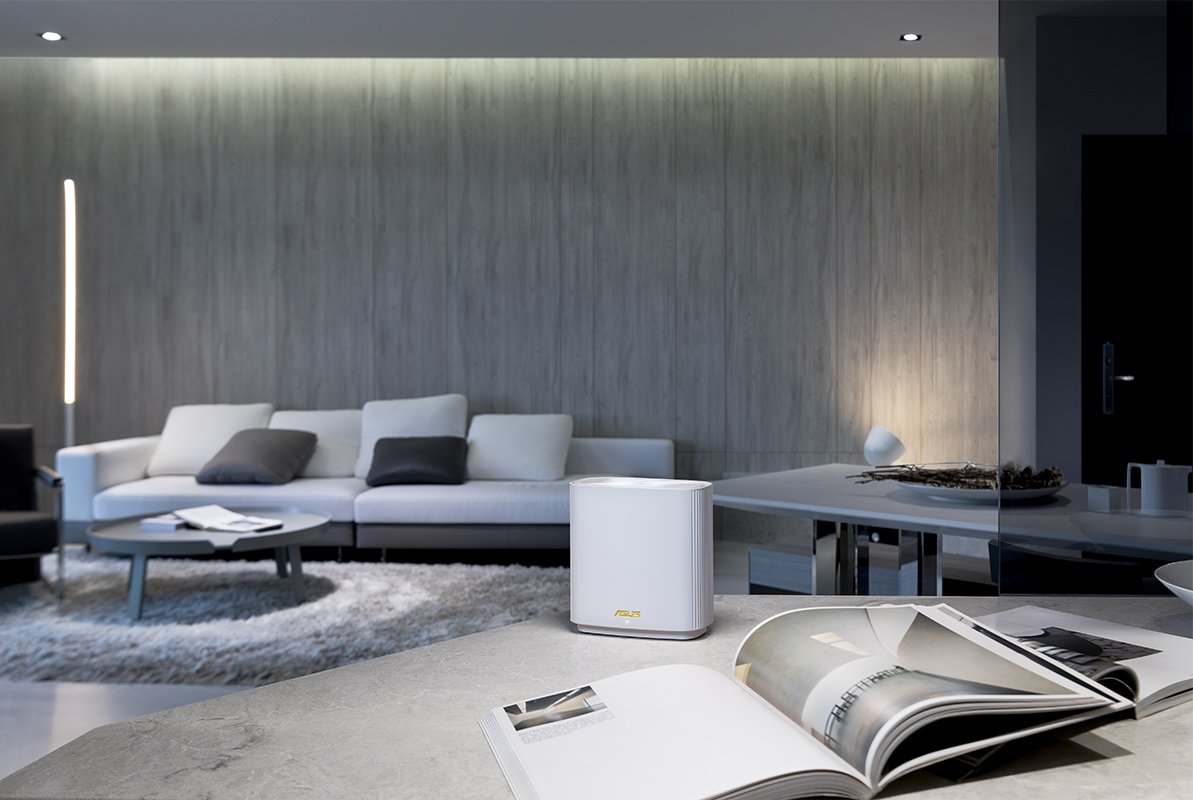


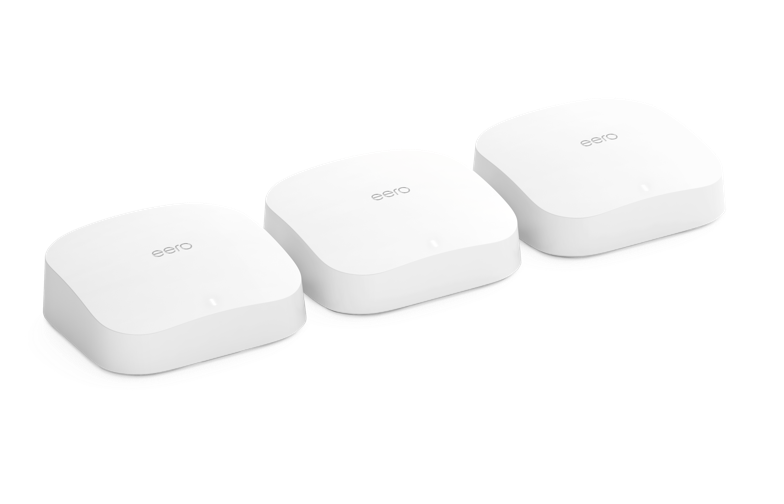
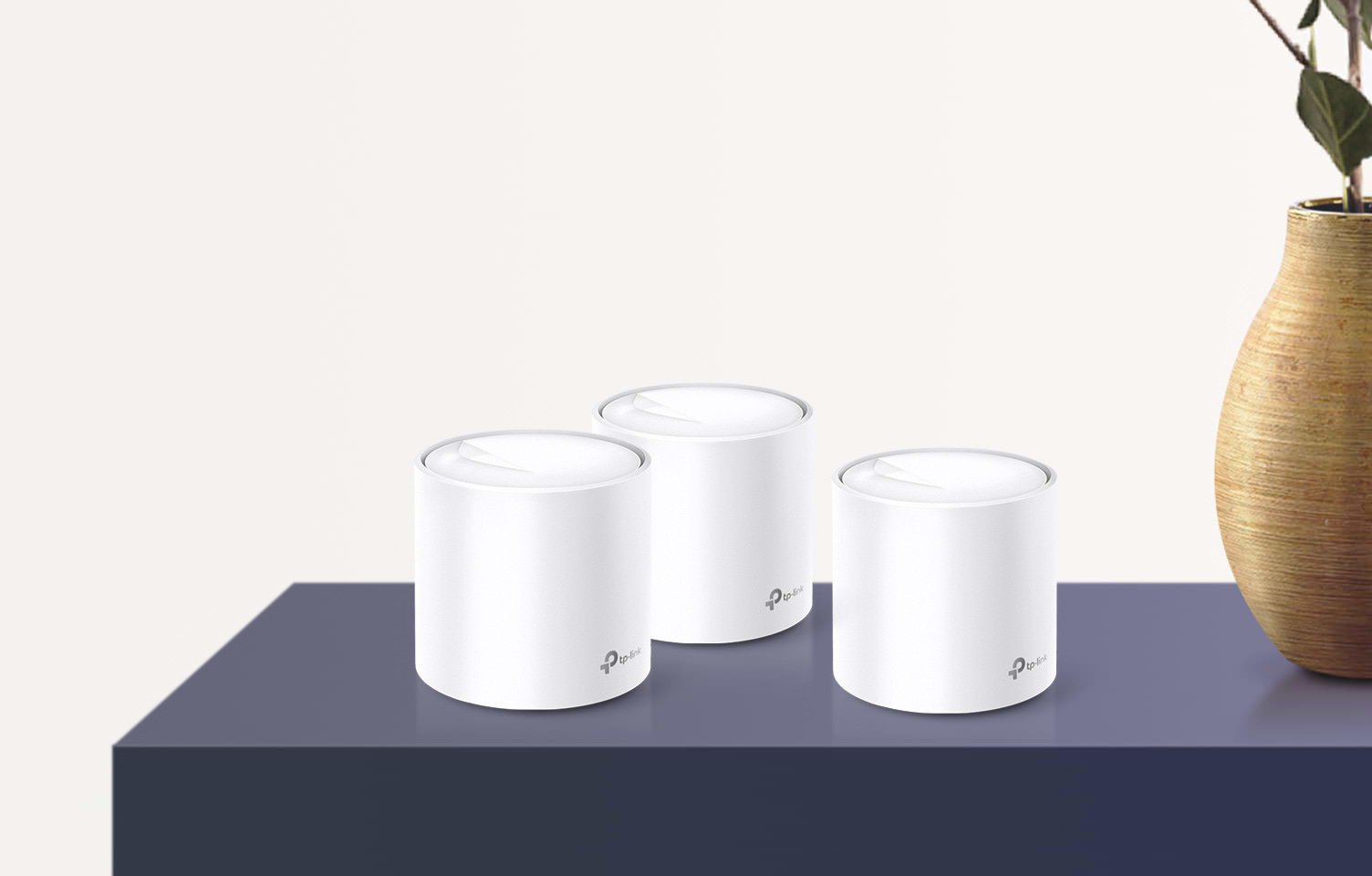
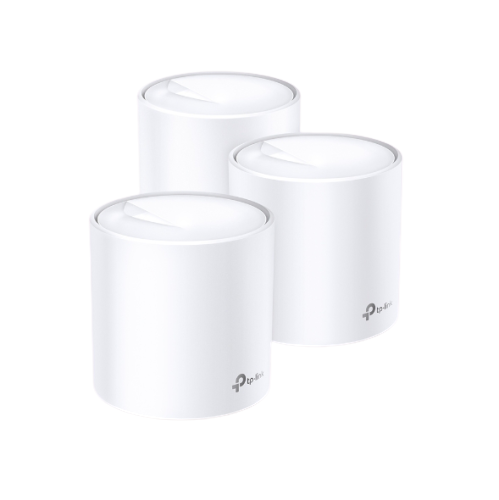
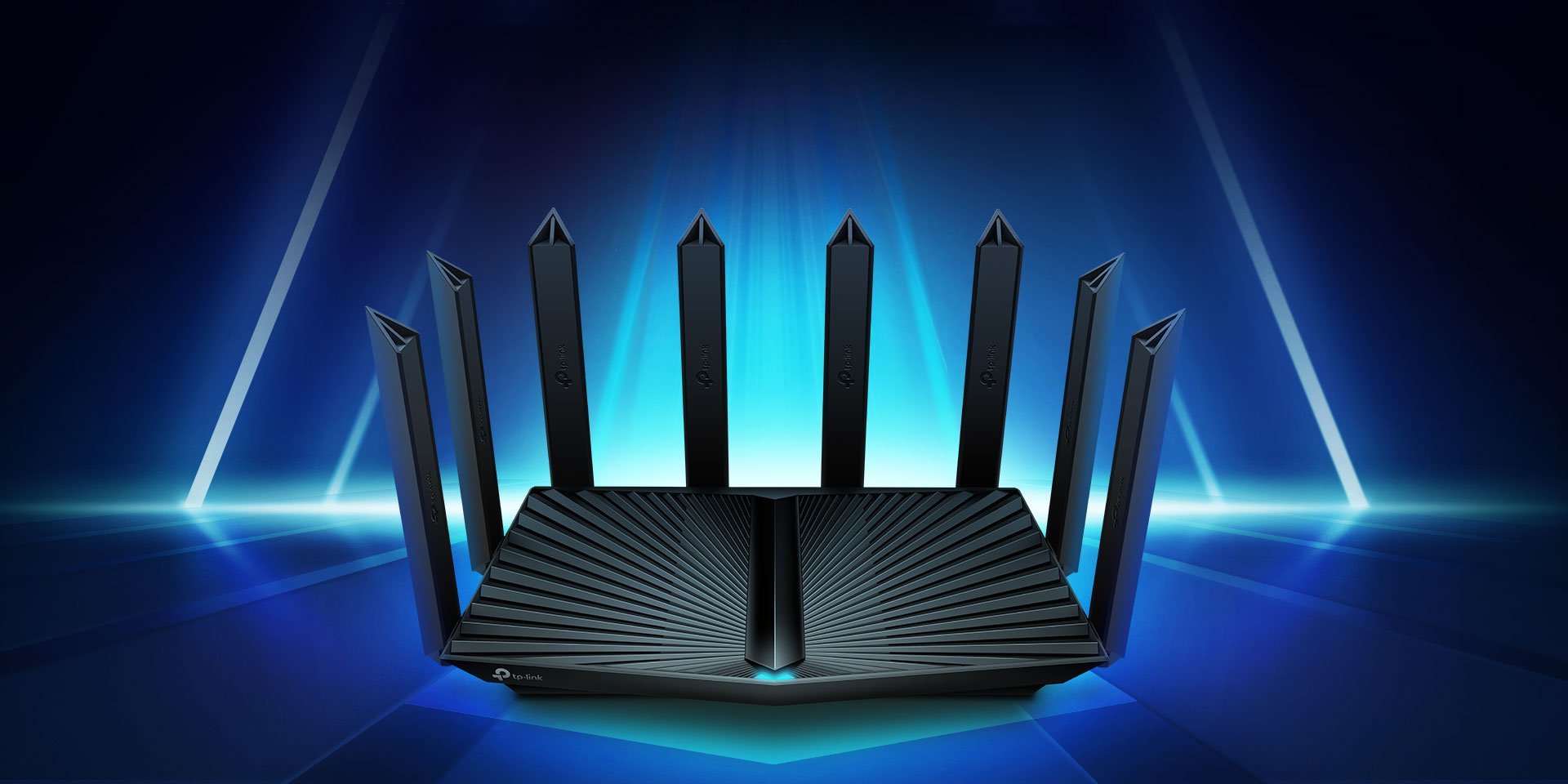
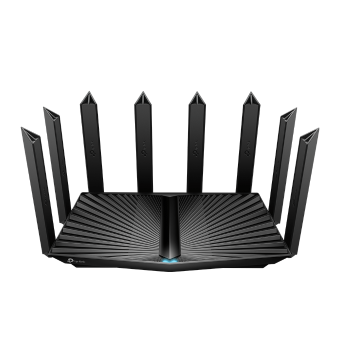
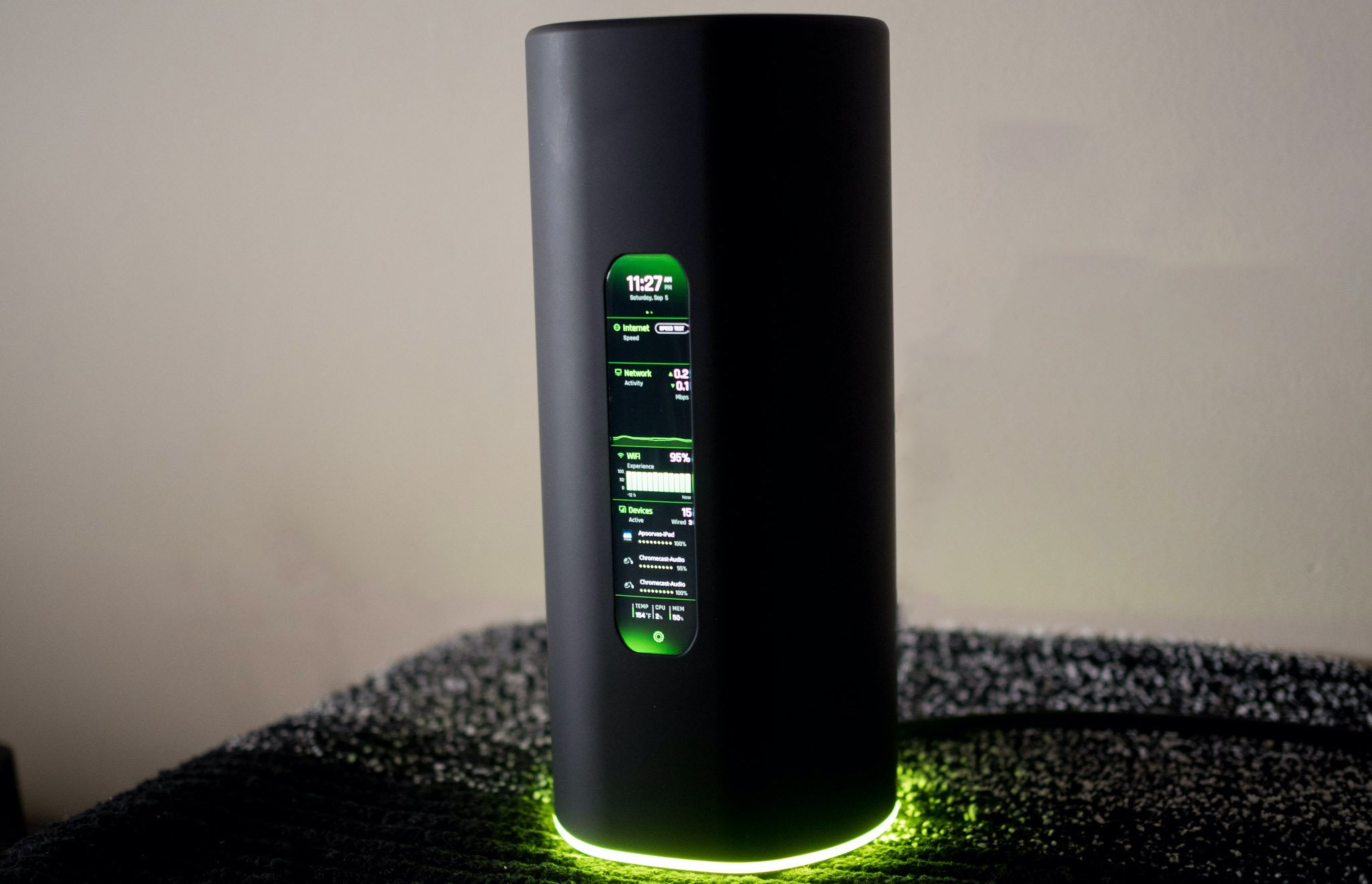
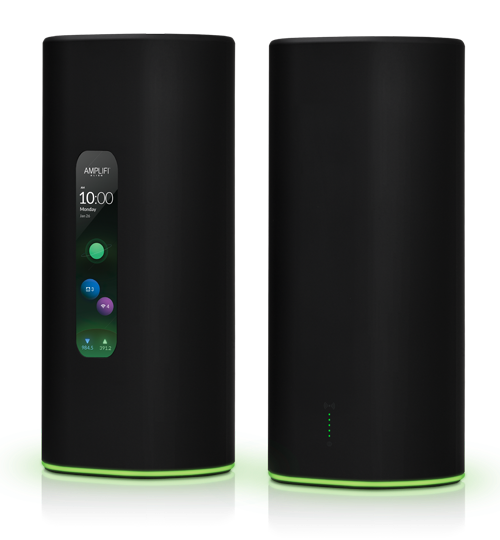


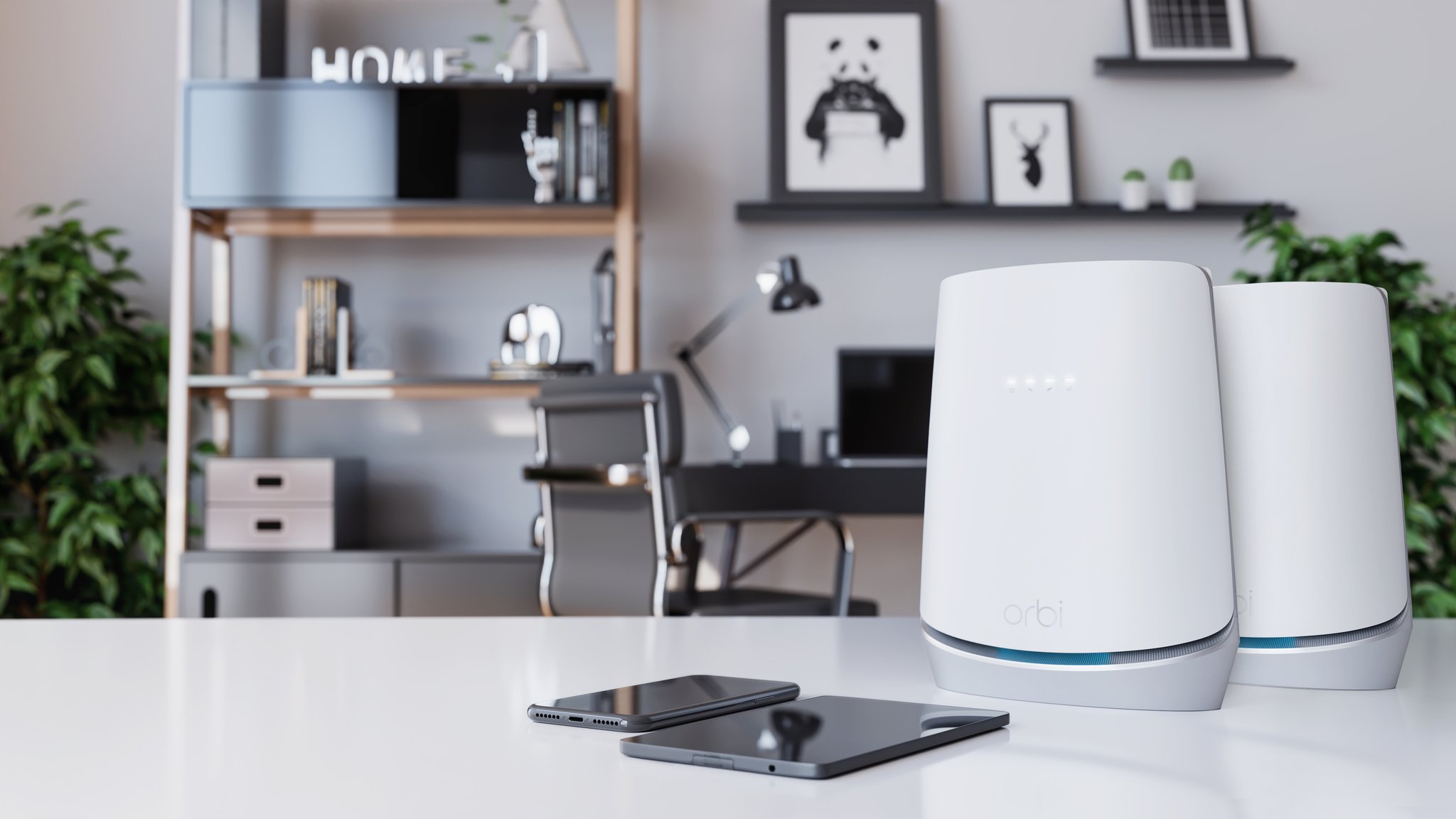
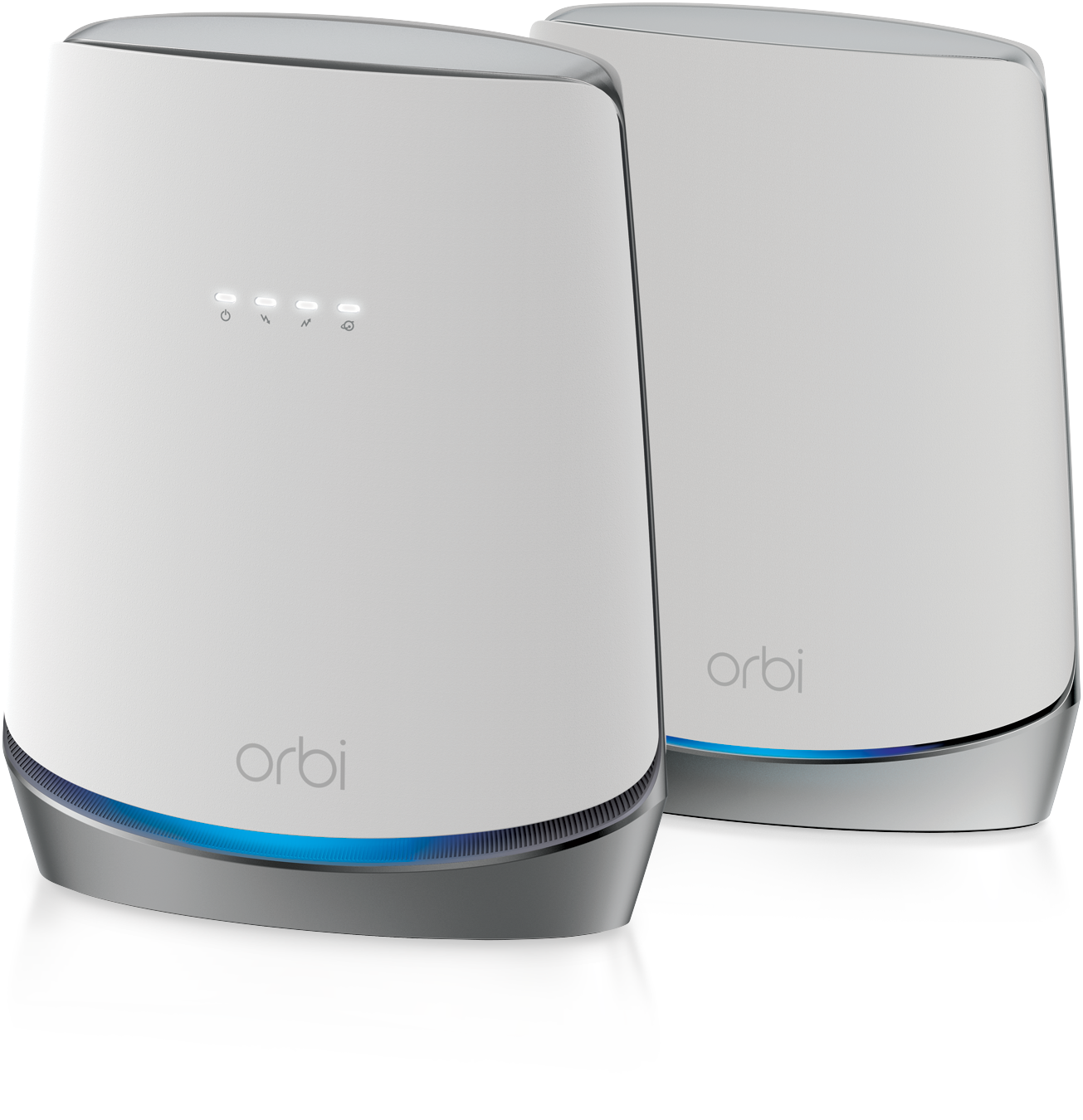
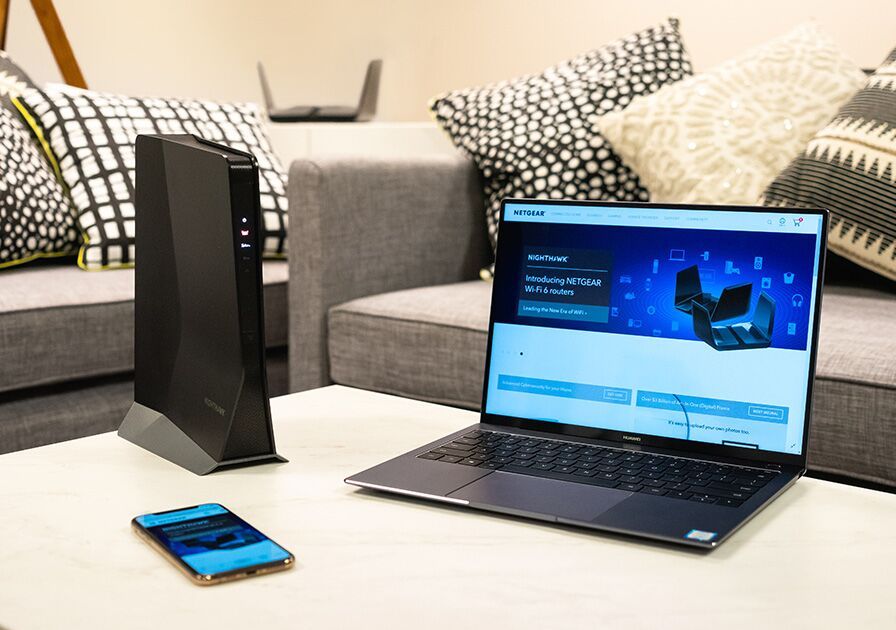
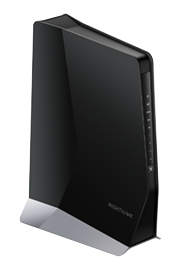
0 Response to "You Can See More: Ready to upgrade your mesh Wi-Fi? These are some of the best options"
Post a Comment